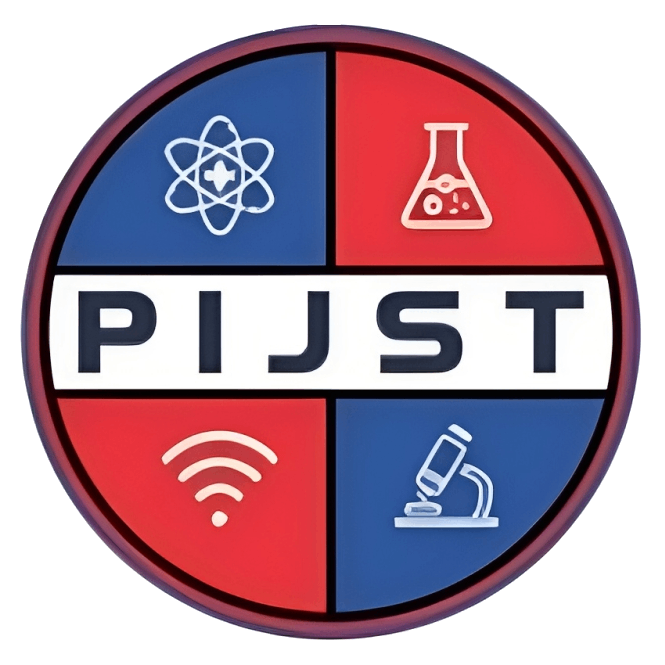E. C. Ijeowa, Environment Engineering, Federal Polytechnic, Nasarawa, Nigeria
Published Date: 01-09-2025 Issue: Vol. 2 No. 9 (2025): September 2025 Published Paper PDF: Download
Abstract- Waste-to-Energy (WtE) technologies represent a strategic solution to Nigeria’s dual challenges of poor waste management and unreliable energy supply. With urbanization and population growth accelerating, municipal solid waste (MSW) generation has increased, while more than 70% of waste remains improperly collected and less than 5% is formally recycled. WtE processes such as incineration, anaerobic digestion, gasification, and plasma-arc technology offer alternatives that reduce landfill use, cut greenhouse gas emissions, and generate renewable energy for sustainable urban development. Nigeria’s adoption of WtE aligns with global efforts to diversify renewable energy sources and achieve climate mitigation goals. Pilot projects in Lagos, Imo, and Taraba States demonstrate both the opportunities and challenges of integrating WtE into national infrastructure. Barriers include high capital costs, inadequate regulation, limited public awareness, and weak financial incentives. Nevertheless, WtE technologies hold substantial potential to enhance energy security, stimulate economic growth, and promote environmental sustainability, provided policy frameworks, investment incentives, and stakeholder engagement are strengthened.
Keywords-Waste-to-Energy, Municipal Solid Waste, Nigeria, Renewable Energy, Sustainable Urban Development, Environmental Engineering.
Published Date: 01-09-2025 Issue: Vol. 2 No. 9 (2025): September 2025 Published Paper PDF: Download
Abstract- Waste-to-Energy (WtE) technologies represent a strategic solution to Nigeria’s dual challenges of poor waste management and unreliable energy supply. With urbanization and population growth accelerating, municipal solid waste (MSW) generation has increased, while more than 70% of waste remains improperly collected and less than 5% is formally recycled. WtE processes such as incineration, anaerobic digestion, gasification, and plasma-arc technology offer alternatives that reduce landfill use, cut greenhouse gas emissions, and generate renewable energy for sustainable urban development. Nigeria’s adoption of WtE aligns with global efforts to diversify renewable energy sources and achieve climate mitigation goals. Pilot projects in Lagos, Imo, and Taraba States demonstrate both the opportunities and challenges of integrating WtE into national infrastructure. Barriers include high capital costs, inadequate regulation, limited public awareness, and weak financial incentives. Nevertheless, WtE technologies hold substantial potential to enhance energy security, stimulate economic growth, and promote environmental sustainability, provided policy frameworks, investment incentives, and stakeholder engagement are strengthened.
Keywords-Waste-to-Energy, Municipal Solid Waste, Nigeria, Renewable Energy, Sustainable Urban Development, Environmental Engineering.

 : 10.62796/pijst
: 10.62796/pijst